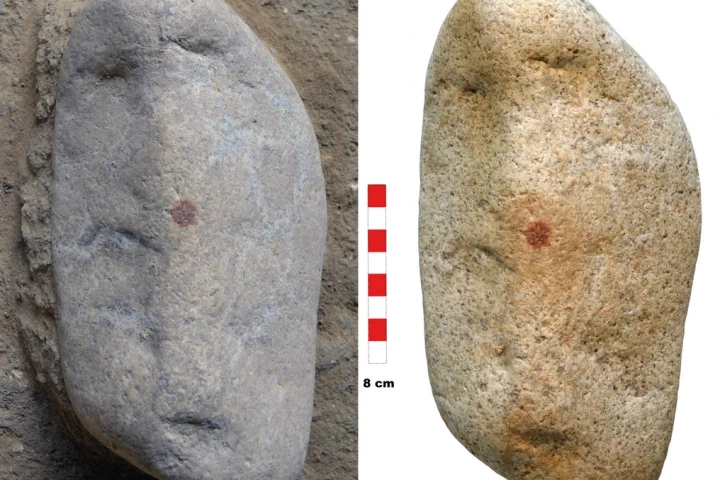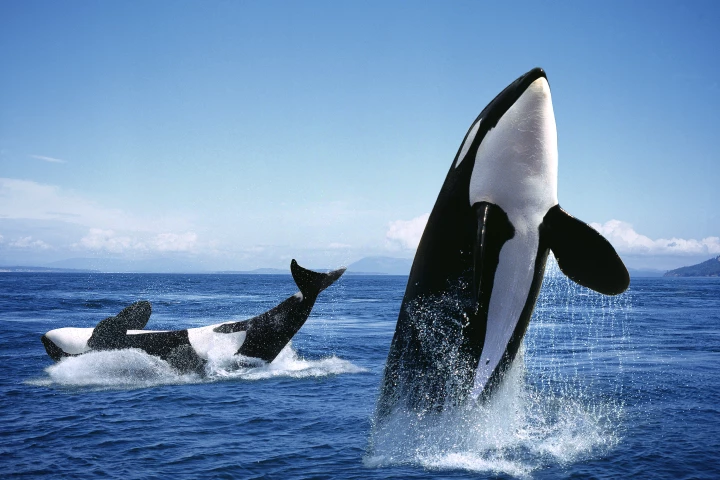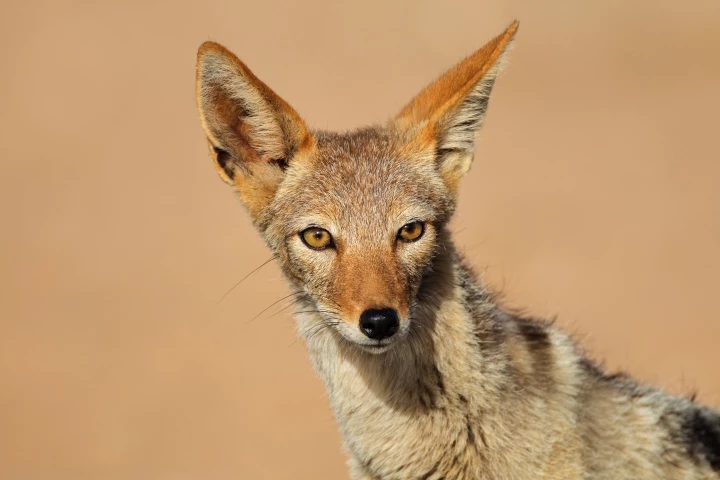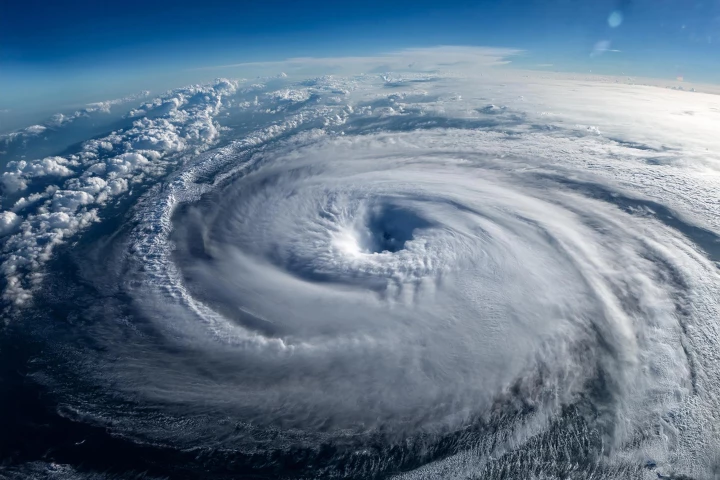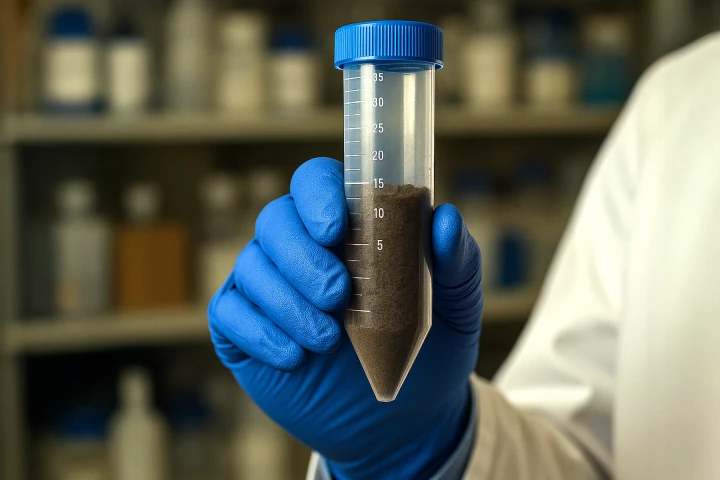Science
The latest in science news, from the depths of space to the quantum realm.
Top Science News
-
Scientists have discovered the single largest repository of gold in the world that makes Fort Knox look like a piggy bank. Making up 99.999% of all the precious metal on the planet, it's just sitting there for the taking. However, there is a catch.
-
The world's oldest human fingerprint has been discovered at an archaeological site in Spain. The fingerprint was dated at 43,000 years old and is believed to have come from a Neanderthal.
-
Researchers in the Netherlands have created mechanical structures that strangely shrink – or more precisely, snap inward – instead of stretching outward when pulled. This 'countersnapping' behavior could find use in tomorrow's soft robots.
Load More
Latest Science News
-
Previously unknown 'loading dock' found inside human cells
June 26, 2025 | Michael FrancoA new organelle has been found by scientists at the University of Virginia. The super-small specialized structure has a role recycling material inside our cells, and its discovery could lead to improved treatments for a wide range of diseases. -
Dinosaurs may have been 4x slower than we've been led to believe
June 24, 2025 | Bronwyn ThompsonIf you, like us, were under the impression that two-legged dinosaurs were pacy beasts that could zip across the ground at around 40 mph, researchers have some bad news. A new study suggests they were much, much slower than previously thought. -
'Sweating' paint keeps buildings cool even in hot and humid cities
June 23, 2025 | Abhimanyu GhoshalA new kind of paint might be the key to cooling homes in humid climes like Singapore. Researchers based in the island country found their custom white paint, specially developed to 'sweat,' significantly reduced the need for air conditioning. -
Bizarre new orca beauty routine has left researchers stunned
June 23, 2025 | Bronwyn ThompsonKiller whales have joined the rare club of animal species that craft tools out of nature and use them to their advantage. For the first time, they've been observed making a brush of sorts out of kelp and then using it on each other. -
Nature's 'clean-up crew' is vanishing – and it's bad news for human health
June 22, 2025 | Bronwyn ThompsonMore than a third of large animals that feast on dead animals are struggling to survive, and a new report from scientists warns that their downfall could present a serious risk to human life, with an uptick in zoonotic disease spread as a result. -
Hurricane-killing particles could sabotage storms before they grow
June 22, 2025 | Bronwyn ThompsonThere have been some wildly ambitious schemes to knock the power out of hurricanes over the years. Now, scientists believe they have come up with a way to successfully subdue these destructive storms, long before they have a chance to reach land. -
Largest map of the universe reveals unbelievable number of galaxies
June 22, 2025 | Jay KakadeA new collaborative project dubbed the COSMOS-Web field has compiled the most comprehensive cosmic map ever, including images of the early universe as far back as 13.5 billion years. -
Human breathing patterns are as unique as our fingerprints
June 22, 2025 | Jay KakadeJust like fingerprints, your breathing patterns may be unique. Scientists found they can identify people using only breathing patterns. And it's not just identification, researchers can predict BMI, and anxiety or depression from the way you breathe. -
Scientists find new microbe that could clean Earth’s groundwater
June 21, 2025 | Chelsea HaneyA new study from scientists at Michigan State University sheds light on a recently discovered microbe and its potential for scavenging pollutants in deep soil. Further work could lead to novel solutions in providing clean drinking water worldwide. -
Watch: Honda enters commercial space race with reusable rocket
June 21, 2025 | David SzondyMaybe cars, trucks, and motorcycles aren't exciting enough, because Honda is moving into space vehicles. The company has announced that it has successfully flown a reusable rocket to an altitude of almost 300 m (1,000 ft) and then safely landed it.
Load More

